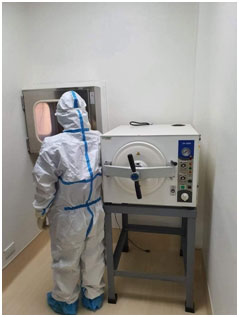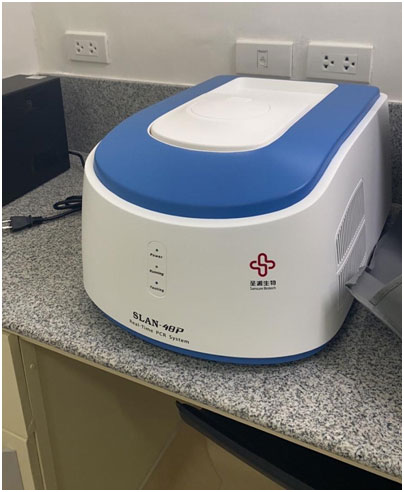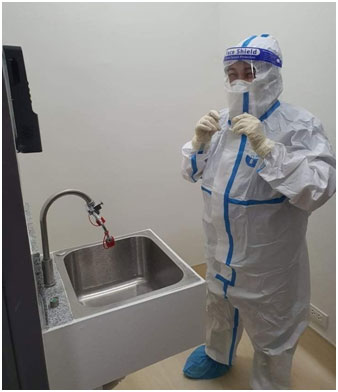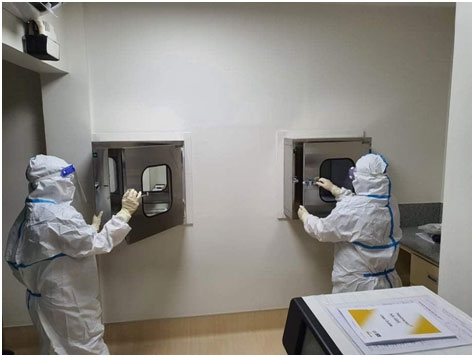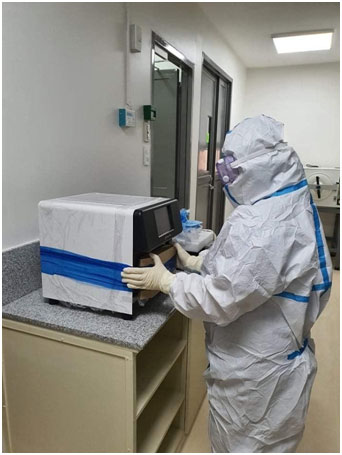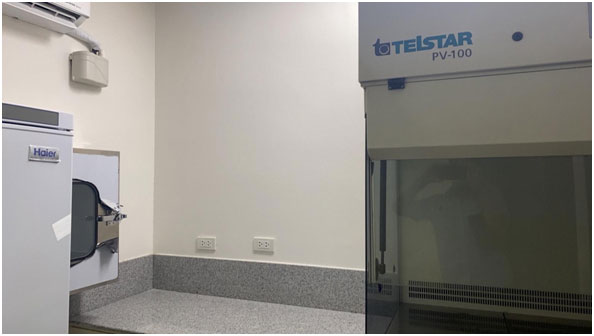Security Bank records surge in digital transactions
SECURITY BANK Corp. recorded higher digital transactions during the last five months amid restrictions due to the coronavirus disease 2019 (COVID-19).
The bank’s digital transactions soared 170% from March 17 to Aug. 31, it said in a statement on Friday.
Security Bank said the growth was driven by the implementation of the enhanced community quarantine which began in April.
Online fund transfers were among the growth drivers as these climbed 312% this year from the 2019 level. Security Bank said these transactions included remittances sent via eGiveCash and withdrawn from its automated teller machines as well as online interbank fund transfers via InstaPay.
Online transactions for bills payment also grew by 48% from the year-ago level.
“We have seen a surge in the number of people transacting via Security Bank Online with transactions growing steadily month-on-month. We’ve also noticed that a huge chunk of transactions come from online bills payment. This has been one of the main drivers of our electronic channel growth with a 48% increase versus the previous year,” Security Bank Executive Vice President and Head of Transaction Banking Group John Cary L. Ong was quoted as saying.
The bank said it is developing more digital tools to ensure clients can make financial transactions safely amid the COVID-19 pandemic.
“Security Bank will continue to test and roll out new user-friendly features, streamline our digital solutions, and strengthen our technology and platforms to support the changing needs of our customers. Our commitment to continuous innovation allows us to provide BetterBanking services to those we serve,” Mr. Ong added.
Security Bank’s net income increased 8% year on year to P2.8 billion in the second quarter.
The bank’s shares closed at P95.10 apiece on Friday, gaining 10 centavos or 0.11% from its previous finish. — K.K.T. Jose

